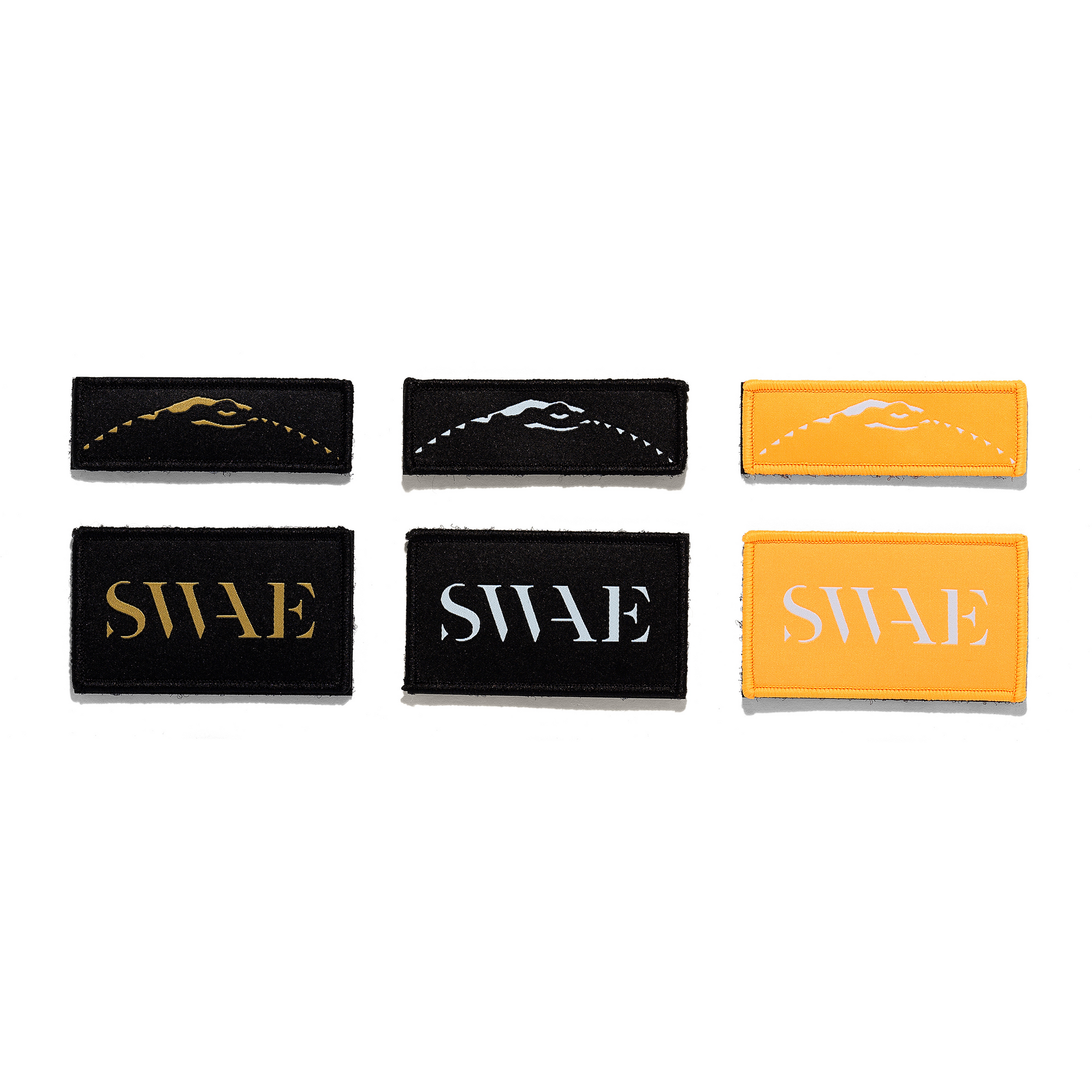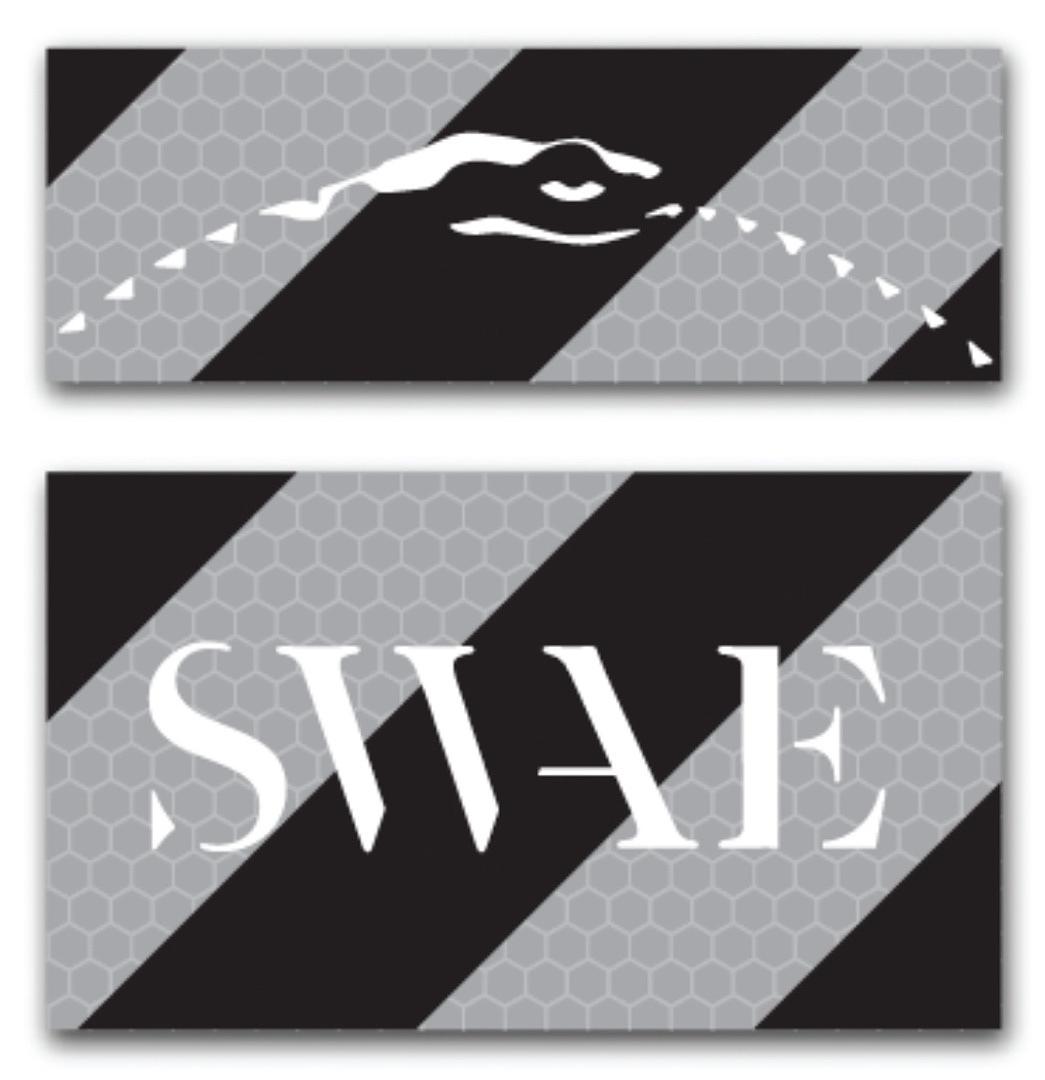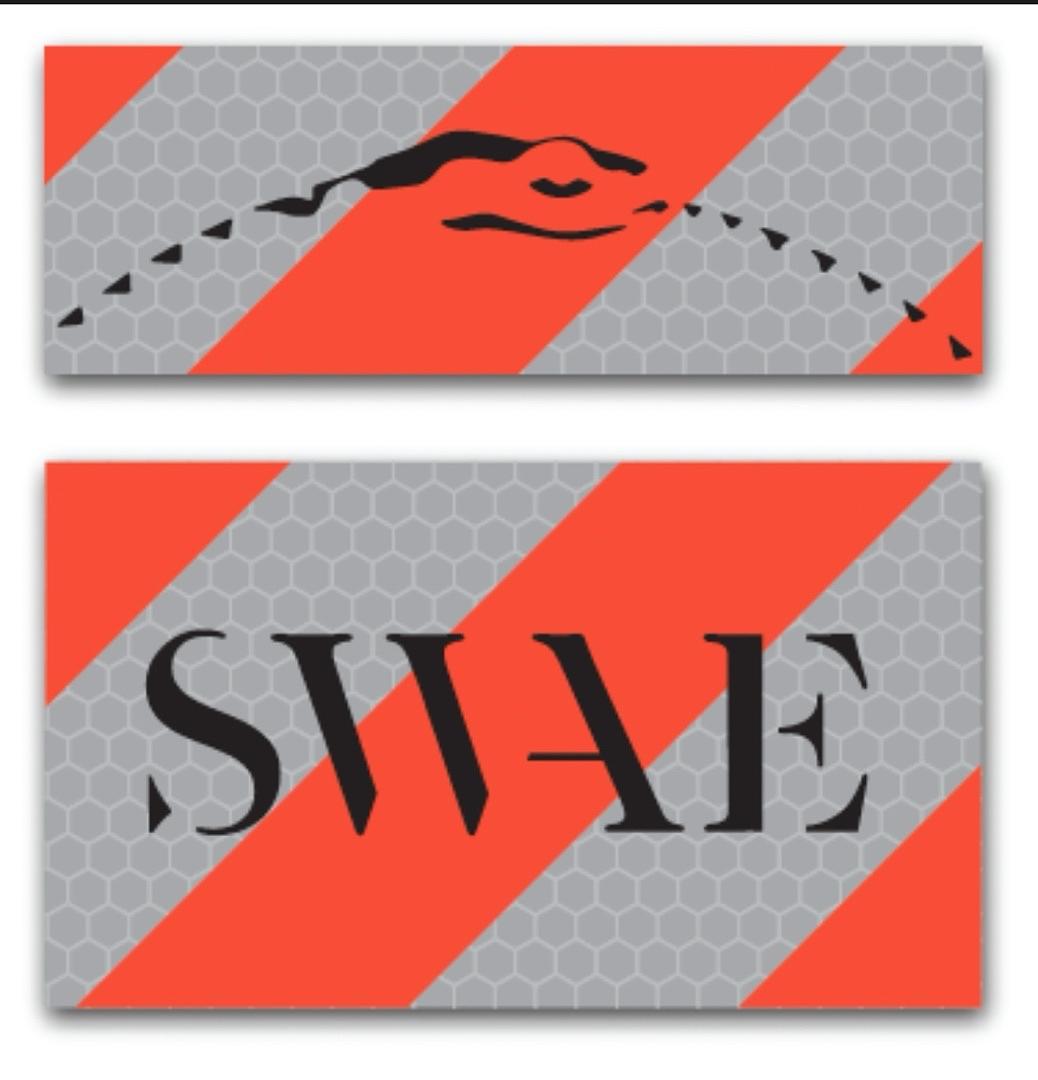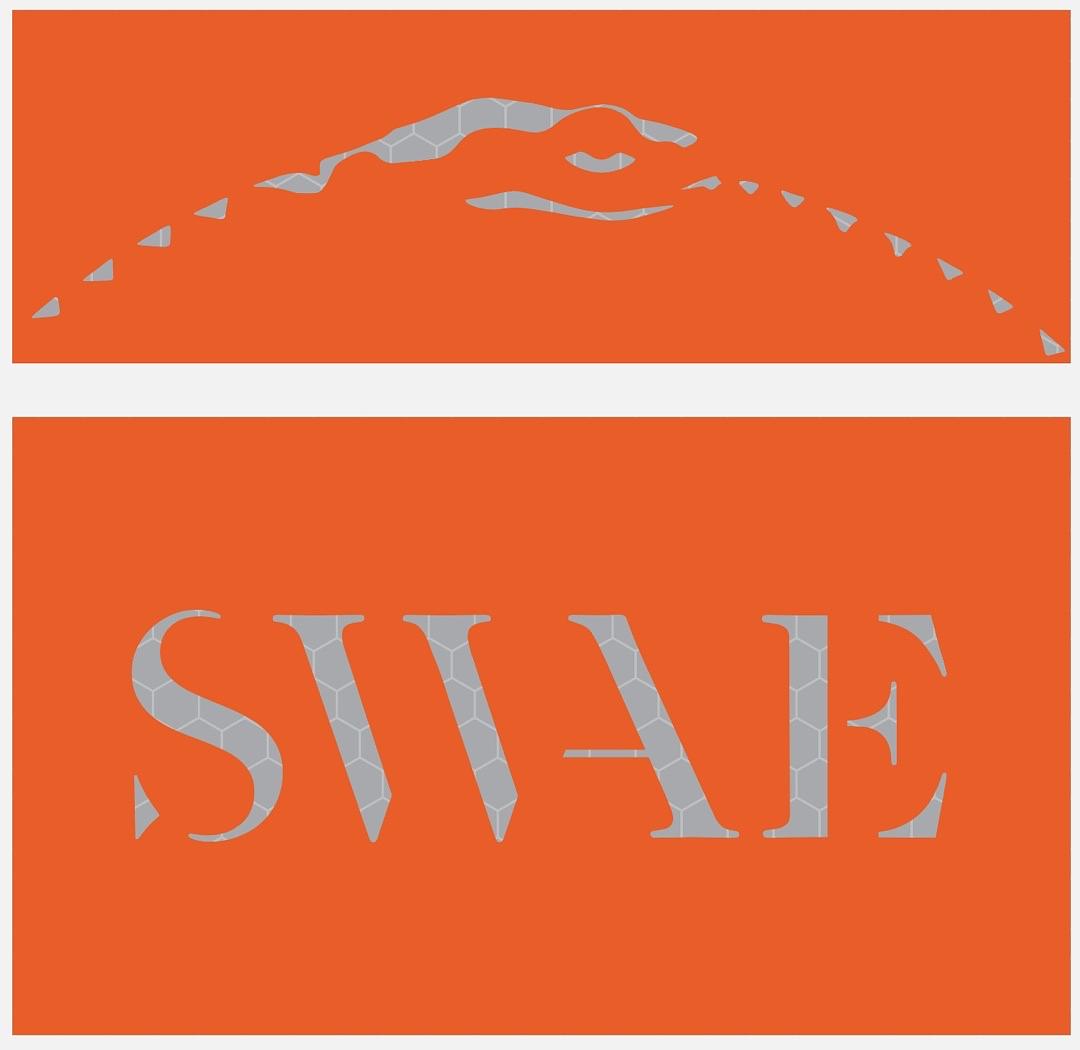Adventures
A CULTURE OF RELIABILITY WITH ADAM BAHRET
Finally, the wait is over. After months of anticipation and hours of waiting in line, you exit the store with the latest gadget the internet is raving about. The thrill of getting home to explore its cutting-edge features and dive into forums to discuss the possibilities now unlocked is almost more than you can stand. Sadly, this excitement won't last long. Two weeks later, you're headed to the nearest post office to mail your prized possession back to the manufacturer with the warranty paperwork affixed to the inside of the box.
You, like countless others, have fallen victim to poor reliability engineering. All this frustration could have been avoided (and millions of dollars in warranty claims for the manufacturer) had the producer implemented some foresight and fostered a culture of reliability testing before public release.
The sub-discipline of reliability engineering emphasizes the capacity of equipment or systems to function without failure. Unfortunately, many manufacturers focus instead on bottom-line costs, looking for ways to cut corners in a scramble to release the newest piece of innovative technology and the lowest price. It's a race to the bottom, and one where nobody wins.
This is the problem that Reliability Engineers like Adam Bahret of Apex Ridge Reliability solve. His job is to instill a culture of reliability within a company by implementing stress tests during each step of the engineering process to maximize functionality. That way, when a product is finally brought to market everything that can go wrong has been accounted for. Thoughtful production methods lead to longer product life cycles, happy consumers, and fewer warranty claims to the manufacturer. Everyone wins.
Talking Reliability
Hey Adam, let's start with a brief bio. Who are you, where are you from, and what do you do?
I'm an engineer from Boston, Massachusetts. I own a reliability engineering consulting firm Apex Ridge Reliability and do work on everything from jet engines to surgical robots to medical devices. My passion has always been cars and crazy car projects. It's what inspired me to become an engineer.
Who and what inspired you to get started in your field?
It was always cars. As a young kid, I loved model cars more than complete toy cars. I wanted to build them. I purchased my first "real" car before I could drive - just to work on it.
How do you pick your projects? What inspires that next "big idea?"
No rhyme or reason. I just get inspired and go for it. Sometimes an idea will be brewing in my mind for a decade before it gets kicked off, and sometimes it is only 2 hours before I start. But I always finish. That is my one rule.
Where will your industry be headed in the next five years? What about twenty?
My industry is consulting. So I participate and coach in engineering projects. The advancement of technical communication and design tools has made remote collaboration much easier. I think teams as a whole may become more modular and cross-collaborative, even within companies. There are no longer geographical or tool boundaries. I can download the engineering tool you use while talking to you. In five to ten years, it may be as common as Zoom today to walk around virtually with you in your lab.
Looking back, what innovation has influenced your work in the past 5-10 years?
3D printing has dramatically changed how we design and prototype. It has come so far that some of my clients will use 3D-printed parts in early production runs or even indefinitely.
You get to change one thing about your industry - what would it be and why?
Technical product development would greatly benefit from less hierarchy. Broad ownership of product development in all roles and disciplines would yield better results when designing new tech.
What excites you most about what you do?
I absolutely love seeing new technology become amazing products. When that happens, it is magic.
With all the resources, time, and money in the world, what would be your dream project?
Arc Plasma Material Decomposition. I would love to use high-voltage arc plasma in a vacuum to break down materials to their basic elements. It would basically be the ultimate recycling process. You could take something like a car and turn it into natural gas, raw metals, and glass in a matter of minutes. Likewise, the plastics and rubbers would break down to syn-gas that can be used to power the system.
After a long day, How do you unwind?
It's crazy, but after engineering all day, I unwind by doing my own engineering projects at home. I always have a few going, and most are car related.
Any last words or shoutouts?
I love what SWAE does. Keep it up. I want to see new technology spread across many fields.
















